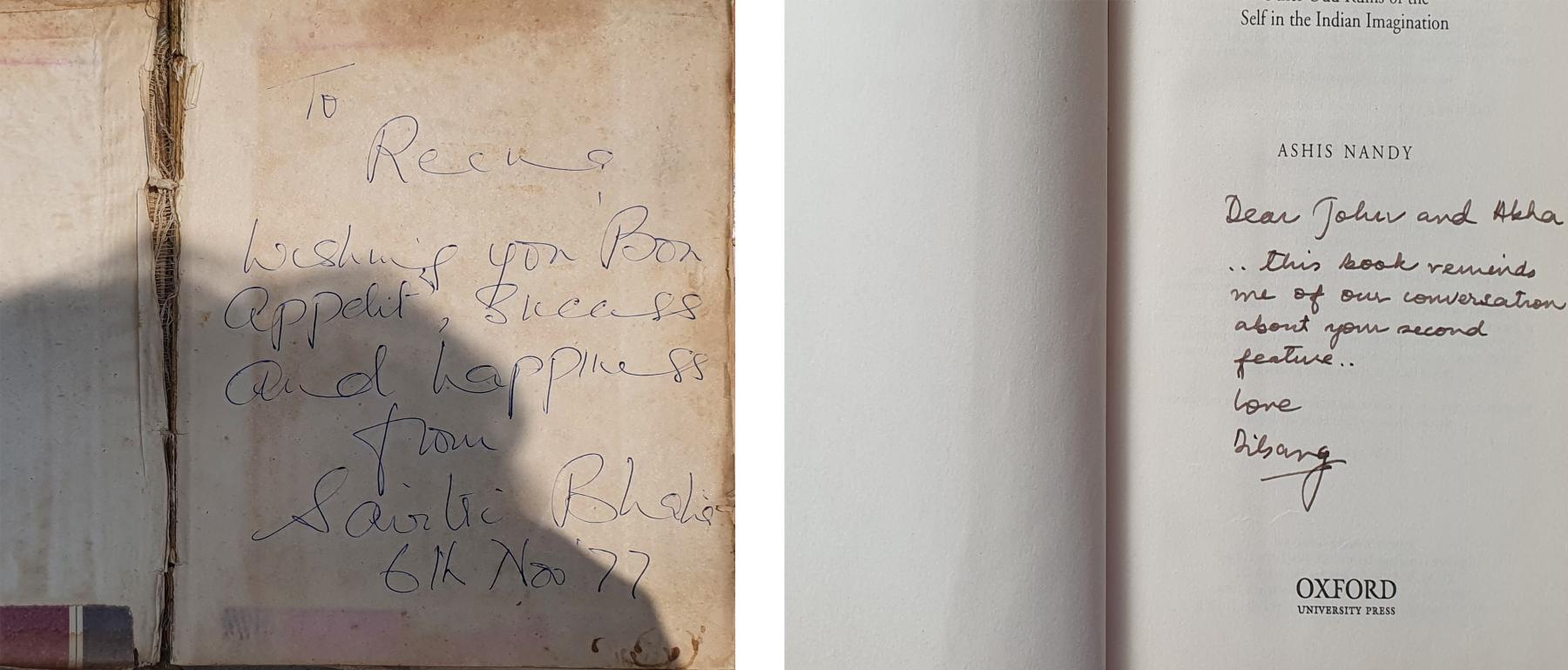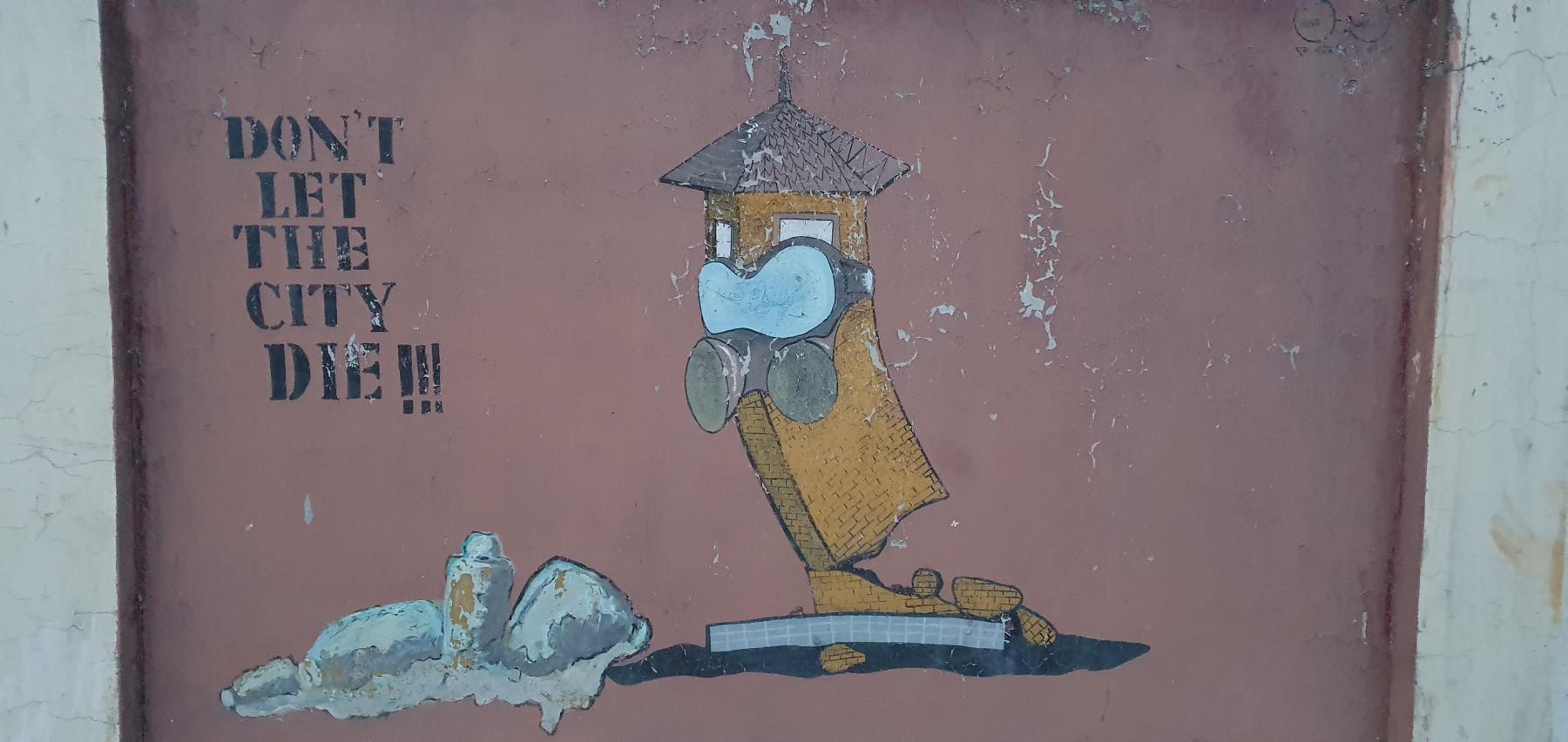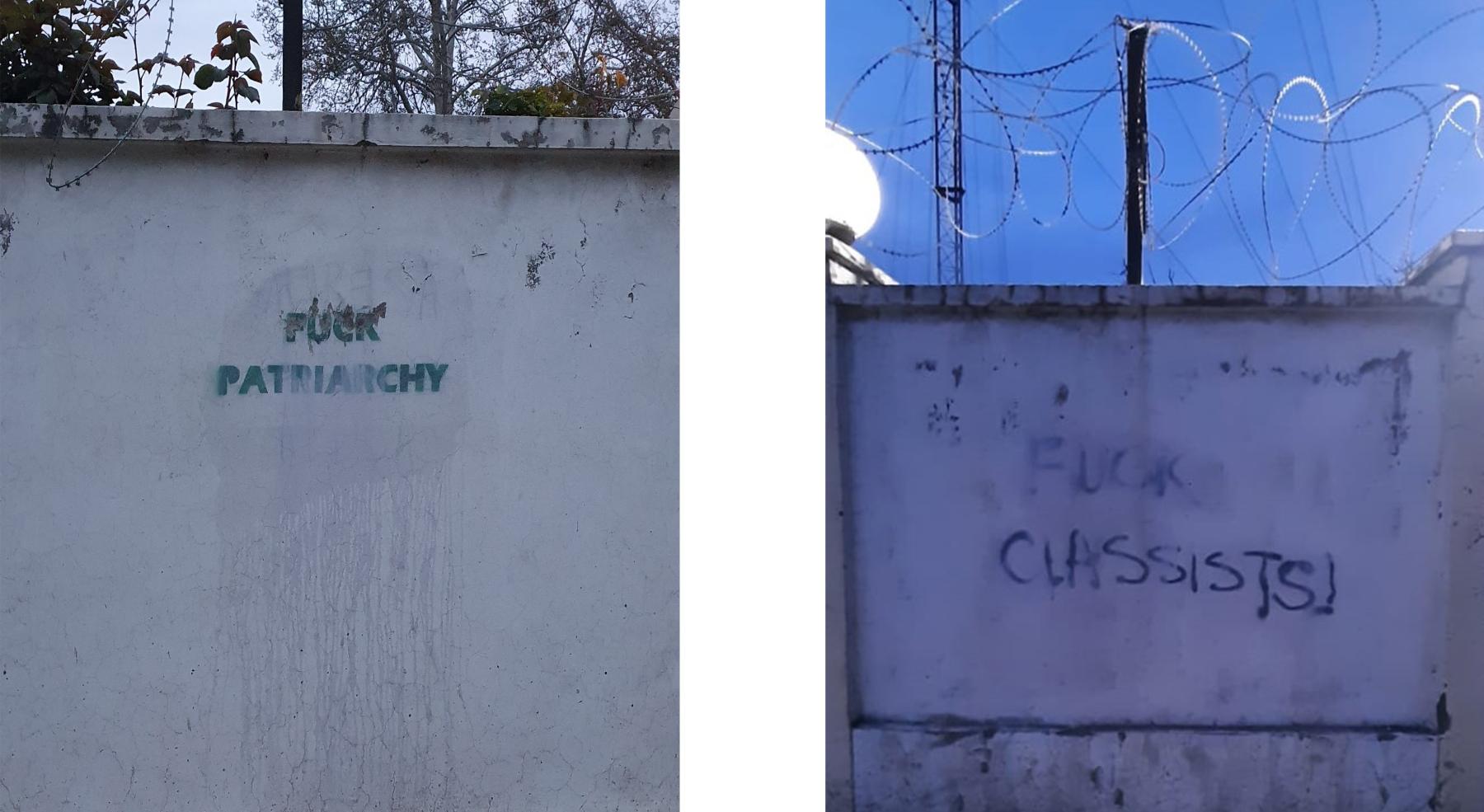Unhoming
the door, unlocked, opens into an empty room with cardboard boxes lying here and there. a soft breeze has entered through the window, pulled the door inwards, and invited my slow, contemplative steps into the room. reminder of time.
the business of moving houses is tedious. packing, unpacking, boxing, unboxing, wrapping, unwrapping. and between all these acts and their antithesis, worlds and worlds of memories. i think of samay sargam, in which krishna sobti’s character, aranya finds herself musing: the solitude of lone houses, how different it was from the fully occupied. spare, but elegant, and ticking with the clock. and alone. entirely alone.
i too was alone with my house now, entering it anew. located in an unfashionable part of the city, i’d come back to it for 4 years and it was now filled with fresh silence. akin to the coldness of winter. i was also meeting, perhaps for the first time in all these years, the objects that shared this home with me. existed alongside me, sharing the same space.
metamorphosed into sites of memory, my things had gained a life i hadn’t quite fathomed.

“if only somehow you could have been mine, what wouldn’t
have happened in the world?”
- agha shahid ali (farewell)
so, what is the status? my mother asks on call.
only left to sift through some books now. movers will come tomorrow, i say.
the chai on my table is getting cold. it is already my 3rd cup in half a day.
listen, i’ll call you when i’m done okay? chai banayi thi, thandi ho rahi hai. i say to her.
haan haan okay. take care, haan? love you. she hangs up.
all the books here are precious. collected over years of research, storytelling, story-gathering. but there are some which are indispensable. some of these books were gifted to me, some were found in markets and stalls selling previously loved books in different parts of the city, some even bought from different cities.
if you think about it, i suppose this serves as a visual of loneliness. a single cup of chai on a broken tray, and a house unmade.
on the speakers i press play and asha bhosle’s voice singing mera kuch saaman from the movie ijazat permeates through the air.
after chai, i start to pick out my books.
from one, a photograph slips down.
aur mere ik khat me lipti raat padi hai (memories of a night wrapped into a letter of mine)
a sudden memory of monsoon, redolent with profound petrichor.
the first time i brought a lover here was in the winter of 2018. she had come late in the evening wrapped in a vibrant pashmina shawl. though i am looking at her photograph right now, clasped in my hand – that fragment of time when i could call her mine and she me – i cannot share it with you. and i cannot ask her if i can; we are not aware of each other’s existence anymore.
it was the first time i’d felt so close to someone and the first time she ever came to my house. even in her presence, i imagined her in my room, and there she was, getting comfortable in my bed, excitedly waiting to watch a horror movie with me.
one gesture, a simple taking off of the socks (they didn’t match, by the way) and placing them on the edge of my bed, had unraveled me. this is what comfort feels like, i thought. this is how home must feel like. how delicately precious, this sense of safety. she had held out a hand for me and i’d grabbed it eagerly.
we’d kissed with a sapphic passion.
after a week or so, i’d written this small, merwin-esque poem for her and kept it inside the book she was then reading – something on montaigne, as far as i recall.
//
when i think of comfort
i think of socks
(warm and soft during winters
a colourful hug on feet)
and that pair you left
on the edge of my bed
//
sitting on the floor in the here and now, perhaps a continent apart, i wonder if we would find each other in the front pages of books. in printed dedications, handwritten notes. in all the books here that she’d held and gifted to me, will the pages remember the map of movements of her slender, multiple ring-ed fingers?
*****
swoosh swoosh swoosh
three notifications on my phone. pictures from a friend.


“i’ve been thinking about certain streets and sidewalks: if the soles of my shoes were paint brushes, by this time my footsteps might have completely covered their surfaces. absurd, as absurd as so many true ideas. and so, with my foot-brushes,
these shoe-markers, i express the autobiographical city,
the city whose body my own body has covered.”
- eduardo lalo (simone)
‘postcards from kashmir’, saba captions the images.
these are words on street walls. somewhere she says are preachings of the government, somewhere protests against the government. saba is there on a research assignment - in a city that belonged to her parents - and i am here, un-homing a city which i’ve called mine for 10 years.
walls become a site of discourse so easily. like a body, almost. against which we perpetually rebel. on which we write our dissent. weapon and victim at the same time. protecting, limiting at the same time.
when i was a child, i liked to draw on walls. at the time we moved from one rented apartment to another and i’d get a good scolding from my parents whenever they saw the walls smeared with crayons and coloured pencils. when they finally bought a house, i was too old to enjoy drawing on walls. then i moved out, and began the life of renting houses on my own.
the second time i moved in this city, i came here. big windows that opened, if not to a perfectly mowed lawn, to huddled trees and shrubs. a crowded colony sure, but at least removed from the hubbub and chaos of traffic.
i wonder how saba must feel. to be somewhere where she was born, yet completely alienated from the intimacy her parents shared with the city. kashmir existed in her memory only through the tales her parents told her of their own childhood. she’d never been there herself.
we call ourselves the post-modern nomads. walls are perhaps only what’s left of us, for us. perhaps that is what made lalo run into the streets, at the end of his novel, to mark the city in his own language.
how we adorn our walls. frames, jewelry, plaster, makeup. yesterday, after i came back from my last day at office here, i stripped the walls off frames and loosely taped posters. two were original artworks i’d bought from exhibitions, ones i could afford without being worried about rent. some were framed photographs and prints, collected, gifted, over the years.
i phoned my landlady and told her that i’d sent the last month’s rent in the evening. could she please confirm if she had received it. yes, she said, all the best for everything.
before i made dinner, i took off all the rings and earrings i was wearing and wiped all the makeup. and when i looked around the house again, i experienced a loneliness i’d never felt before. a sheer void. naked, unflinching, stared at me. i looked back.
in bed, i felt disgusted with my body. and when i woke up in the morning today, sleep still felt like a dream.
i open the images on my phone again. i rummage through my drawers not yet emptied, pull out some paint and write on the empty walls myself.
miles and miles of poetry. pain. protest.
Akshada profoundly loses and finds herself in literature and art - interested in both their academic as well as creative elements. Her works have found home in Muse India journal, Punch Magazine, Live Wire, Borderless Journal, among others. She is intensely drawn towards people's experiences of time and the relationship they share with spaces. In March 2023, she was selected for the Kolam Writing Workshop in March 2023. In this powerful play of the universe, she hopes to contribute a verse.




